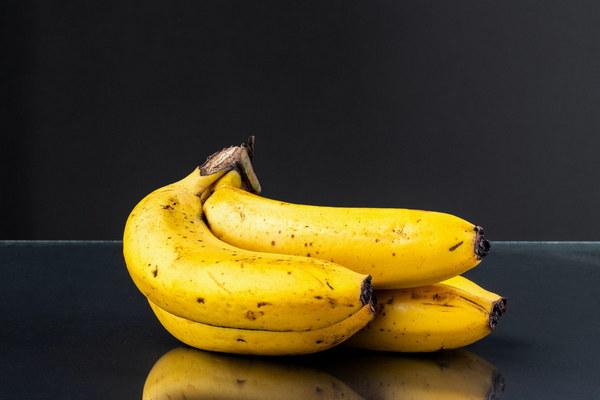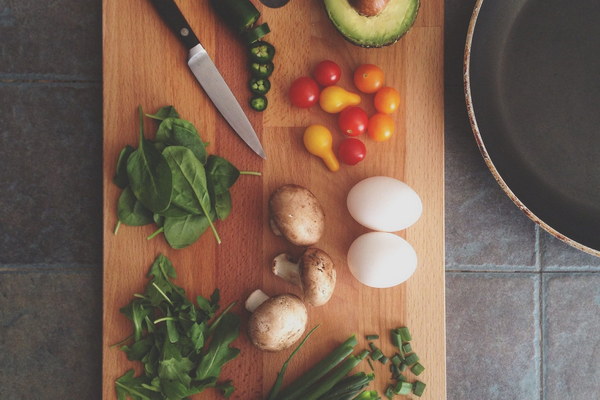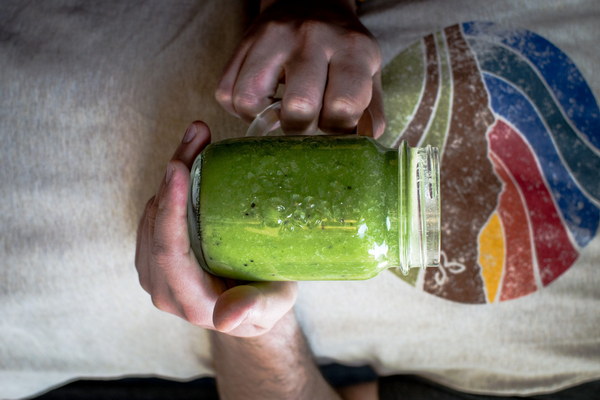Replenishing Copper Deficiency A Nutritional Approach to Enhancing Health
Introduction:
Copper, an essential trace mineral, plays a crucial role in maintaining various bodily functions. It is involved in the production of red blood cells, the maintenance of bone health, and the functioning of the immune system. While copper is abundant in many foods, a deficiency can occur due to factors like poor diet, certain medical conditions, or excessive intake of antacids. This article explores the importance of copper, its symptoms of deficiency, and a nutritional approach to replenishing copper levels.
Understanding Copper Deficiency:
Copper deficiency is a condition where the body lacks sufficient copper, leading to a range of health issues. The symptoms of copper deficiency may include weakness, fatigue, anemia, joint pain, and weakness of the bones. In severe cases, it can also affect the nervous system, leading to neurological disorders.
Food Sources of Copper:
To maintain healthy copper levels, it is important to include copper-rich foods in your diet. Here are some excellent sources of copper:
1. Organ meats: Liver, kidney, and heart are high in copper, providing around 4-5 milligrams per serving.
2. Shellfish: Oysters, mussels, and crabs are rich sources of copper, with a serving containing approximately 3-4 milligrams.

3. Nuts and seeds: Cashews, almonds, peanuts, and sesame seeds are good sources of copper, offering around 1-2 milligrams per serving.
4. Grains: Whole grains, such as oatmeal, brown rice, and quinoa, contain copper, with about 1-2 milligrams per serving.
5. Legumes: Chickpeas, lentils, and black beans are also good sources of copper, providing around 1-2 milligrams per serving.
6. Fruits and vegetables: Pecans, sunflower seeds, and dark chocolate are excellent sources of copper, offering about 1-2 milligrams per serving.
Strategies to Replenish Copper Levels:
To address copper deficiency, it is essential to focus on a balanced and varied diet that includes copper-rich foods. Here are some strategies to help replenish copper levels:
1. Increase consumption of copper-rich foods: Aim to include a variety of copper-rich foods in your meals, ensuring you consume a wide range of these foods throughout the week.
2. Balance your diet: A balanced diet that includes a variety of nutrients can help support the absorption and utilization of copper. Ensure you have adequate amounts of vitamin C, vitamin B6, and iron, as these nutrients can enhance copper absorption.
3. Limit antacid use: Excessive use of antacids can interfere with copper absorption. If you have a medical condition requiring frequent antacid use, consult with your healthcare provider for alternative options.
4. Consider copper supplements: If you have a severe copper deficiency or are unable to consume enough copper-rich foods, your healthcare provider may recommend copper supplements. It is important to follow their guidance regarding dosage and duration of supplementation.
Conclusion:
Copper deficiency can lead to a range of health issues, but it can be effectively managed through dietary changes. By incorporating copper-rich foods into your diet and following a balanced and varied eating pattern, you can help maintain healthy copper levels. If you suspect a copper deficiency, consult with a healthcare professional for personalized advice and guidance. Remember, a healthy diet is the foundation for overall well-being.









